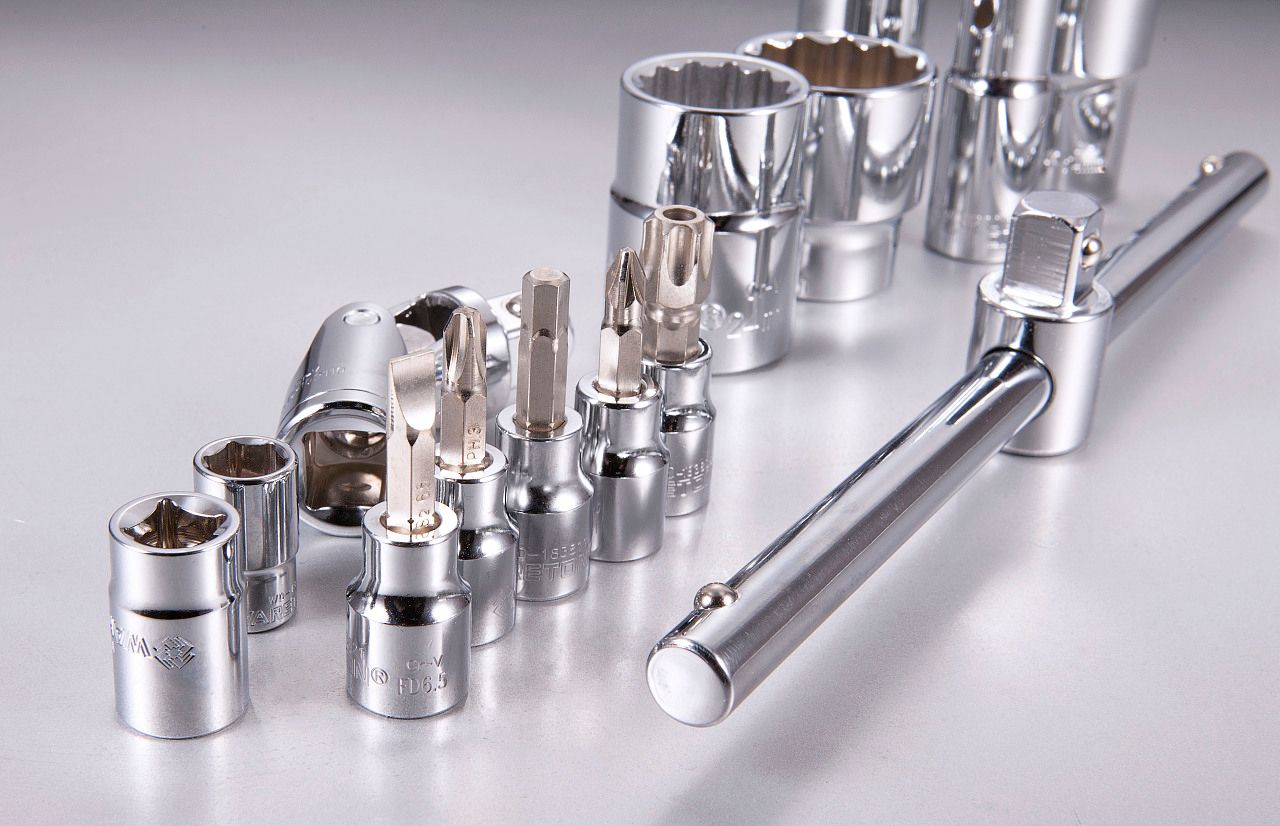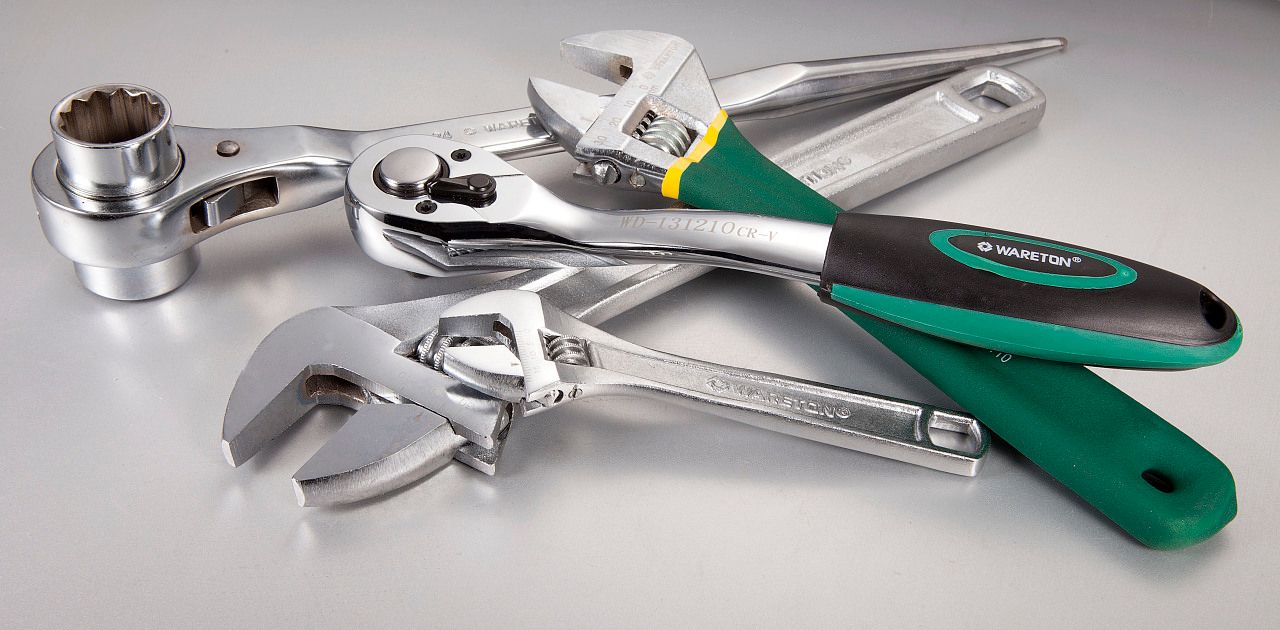
With the continuous advancement of economic globalization and the shift of manufacturing to international markets, China has become a major player in CNC (Computer Numerical Control) machining and a leading exporter of hardware products. Leveraging a vast consumer market and abundant resources, China's hardware industry is thriving. The domestic hardware products market includes a wide range of categories, such as mechanical hardware, decorative hardware, daily-use hardware, construction hardware, tool hardware, and small appliances, with more than 10,000 different products. The industry has initially formed specialized sectors focused on electric tools, stainless steel products, copper and aluminum processing, security doors, scales, and scooters, among others.
Currently, the development of China's hardware industry is progressing well, but there are also some challenges:
Industrial Transformation and Upgrading: This is the primary issue facing the hardware industry. The traditional hardware industry, along with the entire manufacturing sector, is under pressure to undergo technological transformation and upgrading. For the hardware industry, intelligent manufacturing presents both opportunities and challenges. Only by achieving transformation and upgrading can the industry sustain its growth.
Lack of Brand Strength in International Markets: Compared to high-end international markets, China's CNC machining products lack strong brand recognition. The entry of foreign brands puts domestic companies at a disadvantage in competition. Additionally, the influx of a large number of small and medium-sized enterprises has intensified market competition within the hardware industry, leading to internal disorder and inconsistent product quality.
Outdated Sales Channels: Traditional sales channels can no longer meet market demands. Expanding into new markets is another crucial issue the hardware industry faces.
In recent years, the global development of the internet has been rapid and transformative. The concept of "Internet+" has been widely adopted across various industries. Compared to traditional media, the internet offers significant advantages, including wider reach, faster dissemination, and lower promotional costs. The rise of B2B e-commerce has allowed industries to break free from traditional sales channels, gradually increasing the market share of online channels. Therefore, the hardware industry should actively respond to the "Internet+" initiative, leveraging the internet’s advantages to create a new "Internet+Hardware" industry model.
"Internet+Hardware" represents the integration of the internet with the hardware industry. It is not simply the sum of the two but rather a close connection between them. The trend of direct sales from manufacturers via online platforms has become irreversible. Online platforms serve as the first choice for hardware manufacturers to expand sales channels and offer a convenient and efficient way for buyers to make purchases and manage their operations.

Today, the development trend of "Internet+" indicates that the e-commerce pathway for hardware tools will eventually align more closely with manufacturing enterprises. The vast potential of personalized value-added services has become the new frontier for e-commerce growth. The second phase of the "Internet+" evolution will ultimately be led by industrialists, with industry integration and empowerment emerging as new core trends. Consumers will focus on platform product empowerment, service empowerment, cross-sector empowerment, and management empowerment, which will become the keys to success for e-commerce platforms.
Moreover, internet platforms aggregate a vast amount of specific and concentrated information related to the hardware industry. Users can find the information they need through vertical searches on these platforms. In addition, these platforms help users seize business opportunities from across the country, making their choices more diverse.
The direct sales platforms for internet-based manufacturers can address user needs by offering a range of value-added services, including exclusive services, personalized recommendations, one-stop procurement, cost control, VIP exclusive pricing, official invoices, quick ordering, and worry-free after-sales support. These services effectively solve the procurement challenges for hardware tools faced by businesses and institutions.